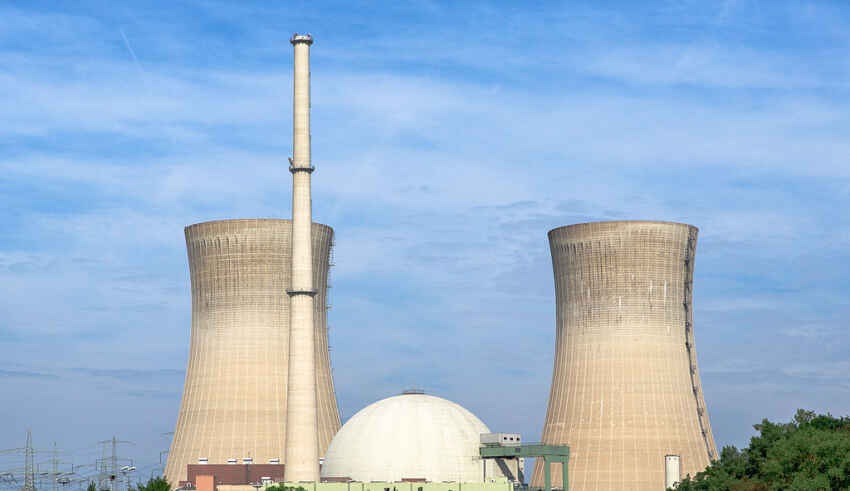
Since the Industrial Revolution and up to a few years ago, the global world has relied on using carbon fossil fuels for functioning. Although it seemed the best option on the market, it is now obvious the amount of damage that came with its usage, and that we cannot count on it anymore. It is indeed a limited resource destined to vanish, it causes devastating impacts to the environment, and the release of carbon emissions in the atmosphere is worryingly speeding up the process of global warming. More sustainable approaches have come up in the last decade, with the use of wind, solar, and geothermal energies, however many are the limits in creating power, not to consider the environmental impact they cause. Nuclear energy, on the other side, seems to be a more reasonable pathway for a green future.
If it is clear that there is a need and the urge to abandon fossil fuels, it is no less obvious the problems that come along with renewable energy. Although it is the cleanest and greenest energy we can find on the market, as it is generated directly from the planet, it is important to take into account that their efficiency might vary depending on many factors. First, the geographical location: considering green energy as the only one to be used, countries such as Island and Norway could use hydro energy and % geothermal power to meet fixed energy needs. But Italy, on the other side, can only meet 17% of its national energy needs with hydroelectricity: it can still rely on wind and solar power, but their functioning is intermittent. Second, the weather: particularly with climate change, abnormal meteorological events have become normal, so if Europe would count for example on solar energy, but an extremely rainy spring and summer happened, they would have a serious deficit.
Moreover, the environmental impact the building of solar panels or wind turbine cases is enormous in terms of land used, compared to the minimal one necessary for the construction of nuclear stations. Also for their functioning, it is necessary to extract rare metals, for a battery that doesn’t last long, and which cannot be fully recycled. Renewable energy is still for sustainable development, as the purest form of clean energy, but we can certainly not rely exclusively on it.
On the other side, nuclear power has been subjected to a series of propaganda from the media and from governments, which put forward the idea that it’s dangerous based on the Chernobyl, Fukushima, and accidents. Without entering into details of these events, it can certainly be said that catastrophic events have happened also with the use of green energy, for example the hydroelectrical accident happened in Banqiao which caused over 150 thousand victims, more than the two nuclear events together. Nuclear energy can also recycled: not only the radioactive water used to cool down the core can be purified and discharged into the ocean, but also the waste generated is recyclable. Moreover, radioactive waste is certainly durable in time, but with years it loses radioactivity becoming less and less dangerous if released into the environment, in contrast to chemical waste, which lasts forever, cannot be recycled and it is produced in major quantities compared the nuclear one.
Also, with the current consumption of energy, scientists have estimated that we have enough uranium to use for 100-130 years: as discussed it can be recycled and reused, but we can also opt for the use of thorium, similar to uranium but less radioactive metal, and potentially available for thousands of years. A fair amount of time to find a new type of energy.
To be able to take truly sustainable environmental measures, it is necessary to abandon ideologies and stereotypes and discuss the actual data, not the propaganda that the media or the governments are pushing. We still don’t have the perfect type of geren energy, but by putting together nuclear and renewable power, we would obtain continuous use of energy, less battery used and less waste. So nuclear energy can be confirmed to be the future pathway of sustainability.
By The European Institute for International Relations















